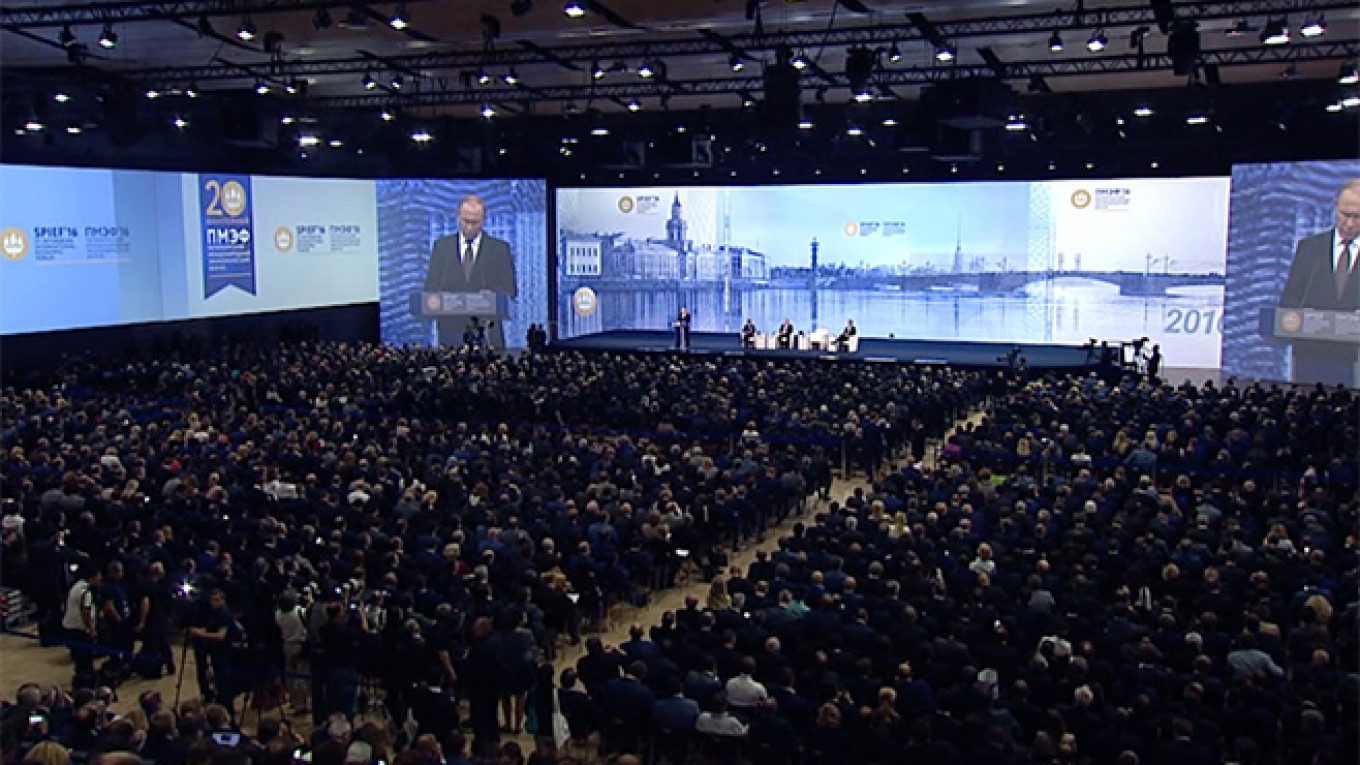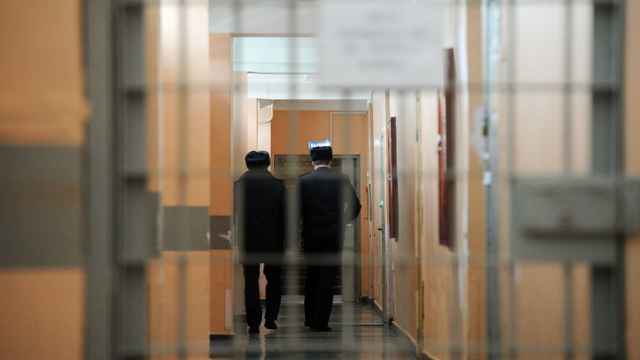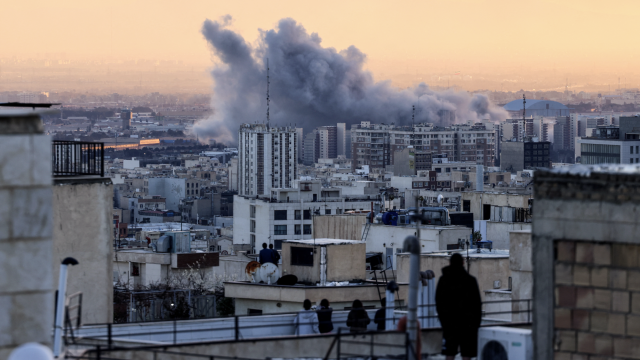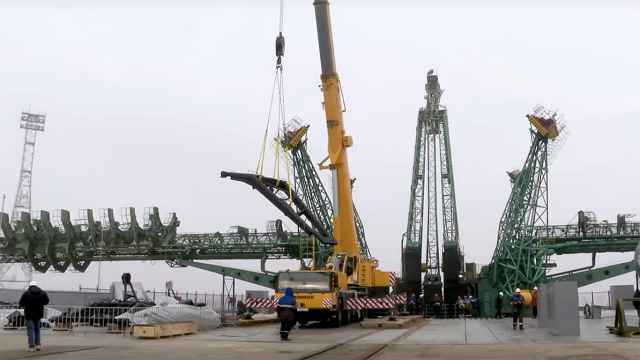The second day of the St. Petersburg International Economic Forum began on Friday, with Russian President Vladimir Putin and his European counterparts taking center stage.
These were the main takeaways from the day.
1. Russia Will Turn to Eurasia Whether the EU (Or Eurasia) Likes it or Not
Russian President Vladimir Putin and Deputy Prime Minister Igor Shuvalov both discussed the creation of a new Eurasian economic partnership under the leadership of Russia and China.
If the European Union and Russia fail to make amends over sanctions, this new union would be a ready-made alternative, argued Shuvalov. The Deputy Prime Minister said Russia expected World Trade Organization backing for the scheme.
Of the ongoing sanctions, Russian Minister of Agriculture Alexander Tkachyov had this to say: "EU leaders are still under the illusion that we cannot feed ourselves."
2. Putin Thinks Ukraine is a "Russian Affair"
When asked about Ukraine during the Q&A portion of the plenary session, Putin said that revolutions supported by the West only resulted only in chaos, citing the Maidan protests and the Arab Spring.
"Why did they have to support the coup in Ukraine?" he asked, suggesting that political change would likely have come about without violence.
"We're not criticizing anyone," he said. "But we need the United States to stop interfering with our affairs."
3. Russia Won't Budge on Counter-Sanctions
In his address at today's plenary session, Vladimir Putin said that Russia "held no grudges" against the EU. At the same time, a love-in was not forthcoming. Making amends between the two could not be a "one-way street," he said.
Putin had some advice for his European counterparts. European businesses are "chomping at the bit" to do business in Russia again, he said.
4. Russia is Confused About the Future of Oil and Gas
The head energy conglomerate Ronova, Viktor Vekselberg, said today that Russia has typically failed to adapt to changes in the energy sector. He warned Russia about "stepping on the rake" again by focusing only on oil and gas and ignoring alternative energies.
The question of diversifying Russian economy is not a new one. Some 53.3 percent of respondents in a session at SPIEF today said shifting away from gas and oil was Russia's number one economy priority.
Even so, Russian oil giants Rosneft and Gazprom made several large deals with foreign companies today, demonstrating their continued importance to the economy.
5. Juncker's Presence Does Not Mean The EU Has Forgiven Russia
Despite a controversial appearance by EU General Secretary Jean Claude Juncker at the forum, the EU will not make any significant change in its position on sanctions.
The EU announced today that it will extend sanctions against Crimea for another year, measures the Kremlin has repeatedly asserted are counterproductive.
News is expected on the more significant, sector-specific sanctions levied on Russia before the end of the month. With several crises in the EU looming, including Brexit and Greek debt, few anticipate good news for Mr. Putin.
A Message from The Moscow Times:
Dear readers,
We are facing unprecedented challenges. Russia's Prosecutor General's Office has designated The Moscow Times as an "undesirable" organization, criminalizing our work and putting our staff at risk of prosecution. This follows our earlier unjust labeling as a "foreign agent."
These actions are direct attempts to silence independent journalism in Russia. The authorities claim our work "discredits the decisions of the Russian leadership." We see things differently: we strive to provide accurate, unbiased reporting on Russia.
We, the journalists of The Moscow Times, refuse to be silenced. But to continue our work, we need your help.
Your support, no matter how small, makes a world of difference. If you can, please support us monthly starting from just $2. It's quick to set up, and every contribution makes a significant impact.
By supporting The Moscow Times, you're defending open, independent journalism in the face of repression. Thank you for standing with us.
Remind me later.






